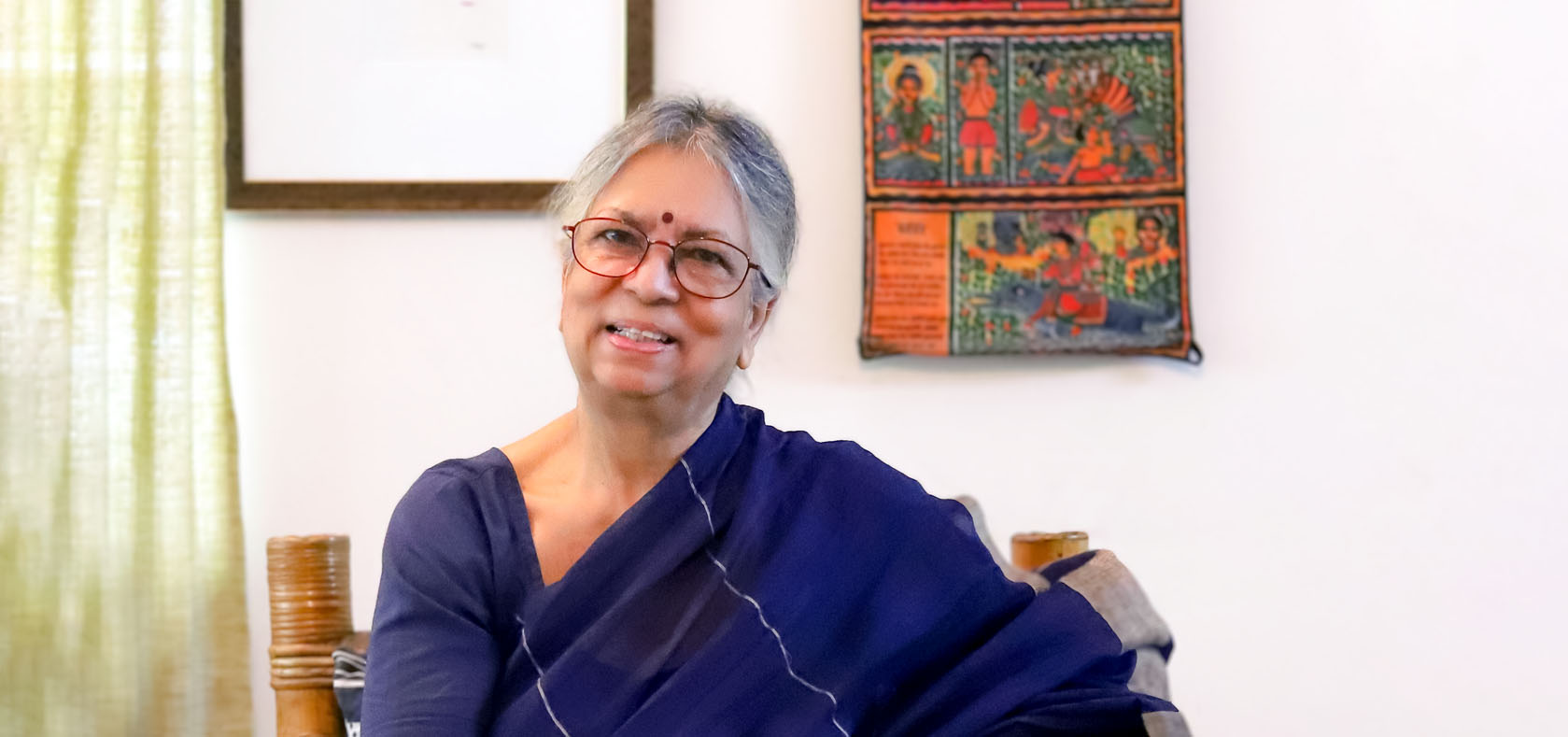Take five with Sultana Kamal: If you believe in Human Dignity, then the Principle of Leaving No One Behind should automatically be in your agenda
Date:
Interviewed by Shararat Islam

Sultana Kamal is a Bangladeshi lawyer, feminist, and human rights activist. She served as the executive director of Ain o Salish Kendra, a civil rights organisation, as an adviser to the Caretaker government of Bangladesh in 2006 and as the chairperson of Transparency International Bangladesh from 2009-2019. Currently, she is serving as the chairperson of "We Can End Violence Against Women Alliance". She is also the President of Bangladesh Poribesh Andolon ( BAPA) and Founder President of Manabadhikar Shongskriti Foundation (MSF).
[1] How do you see the progress on gender equality and women’s empowerment in Bangladesh and the role of the women’s movement in advancing it?
Bangladesh has made remarkable progress in gender equality, though we have a long way to go to achieve the goal. Thanks to the vibrant women’s movement, women are taking on many important responsibilities, leading various movements in political, social, cultural, and other sectors. From the 1950s onwards, the women’s rights movements led by many civil society organizations (CSOs) played a key role in mainstreaming cultural and social changes. Bangladesh Mahila Parishad led the pre-independence women’s movement looking into women’s role in politics. The movement eventually played a crucial role in the liberation war of Bangladesh, which led to the constitutional guarantees that we have for women’s rights in Bangladesh today.
[2] In the changing context of Bangladesh, what is needed by the intergenerational women’s movement to ensure leadership transitions in the movement and support for the next generation of feminist leaders?
It requires a deep exploration of the history of the women’s movement in Bangladesh. The continuity of the movements needs to be maintained through our issue-based understanding of problems. A river never goes back from where it started, but if you cut off the connection with its source, the river dies. We need to realize that movements are like rivers, a continuity. The older generation must understand that things will change, and the young activists need to know the institutional and historical background. It is now essential to look at each other’s problems and challenges with an understanding mind; ensure a proper exchange of ideas, historical insights, and experiences to really support each other.
[3] In your experience, how do masculinities and discriminatory social norms affect gender equality? What can be done to change attitudes to advance gender equality in Bangladesh?
The simple answer is – it affects negatively. Masculinity and gender-discriminatory ideologies manifest in many different forms. Because we have seen how women suffered during and post-liberation war, we committed to work towards gender equality through our constitution to rebuild the nation. Unfortunately, a period of military rule and state-sponsored Islamization impacted our education, cultural thinking, and social interaction until the early 1990s. By the time we returned to democracy, the damage was too deep and difficult to recover. The political forces need to step up efforts and take responsibility to create a pro-women culture in Bangladesh.
[4] What is your message to young people who want to exercise their voice, choice and agency, particularly for gender equality and the leave no one behind agenda?
My answer is simple. Just act according to your conscience. Sometimes we give in to what others are saying. But it is important to understand what you want to say. Do you want independence? A life of dignity and peace for yourself? Do you want to see social justice in your society? if you want all these, then act for those. If you believe in human dignity, then the principle of leaving no one behind should automatically be in your agenda.
[5] What would be your recommendation based on lessons learnt to improve efforts aimed at changing discriminatory social norms and preventing violence against women for the Government, development partners and civil society?
The Government has the most important responsibility, and they need to ensure accountability at every stage. They must allow civil society organizations (CSOs) to act. Civil society can only raise voice if there is a congenial atmosphere. If there are acts like Digital Services Act, the ICT act, and offices like NGO Affairs Bureau that keeps on restricting CSO initiatives, then CSOs will not be able to work.
At the same time, civil society must educate itself. Every society runs on a social contract based on certain principles. The principles of leaving no one behind, no gender inequality, no violence against women and children, and no discrimination against anybody who is different from us –have to be agreed upon to build a coherent civil society. For that we must have a free educational atmosphere where people will be able to think, question, reflect, analyze, and then make a decision.
The donor community needs to have more understanding of the societies and countries they are working with and respect their priorities.